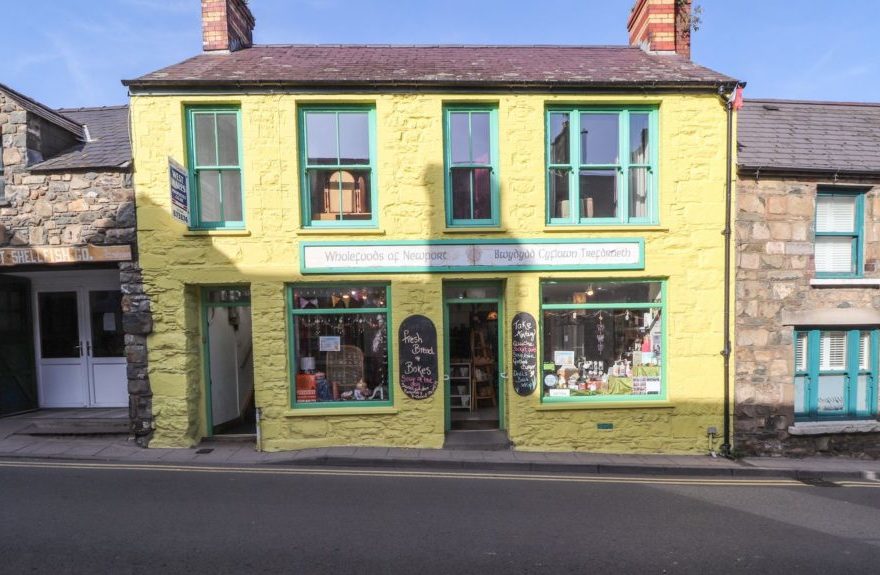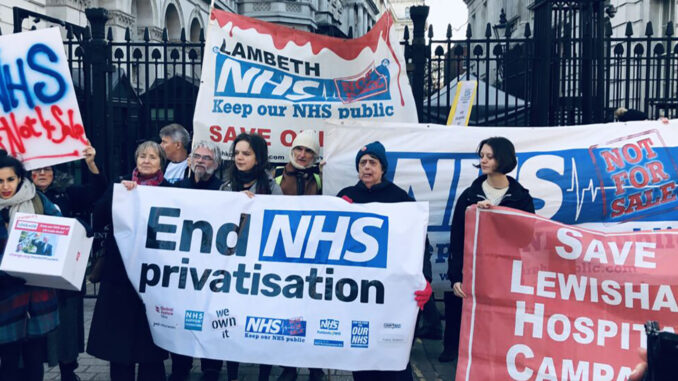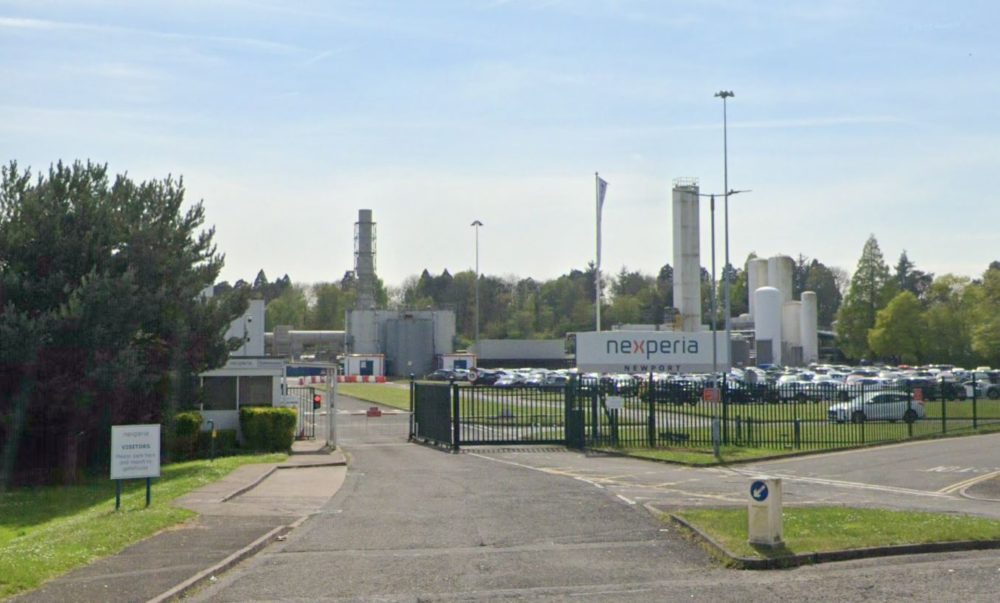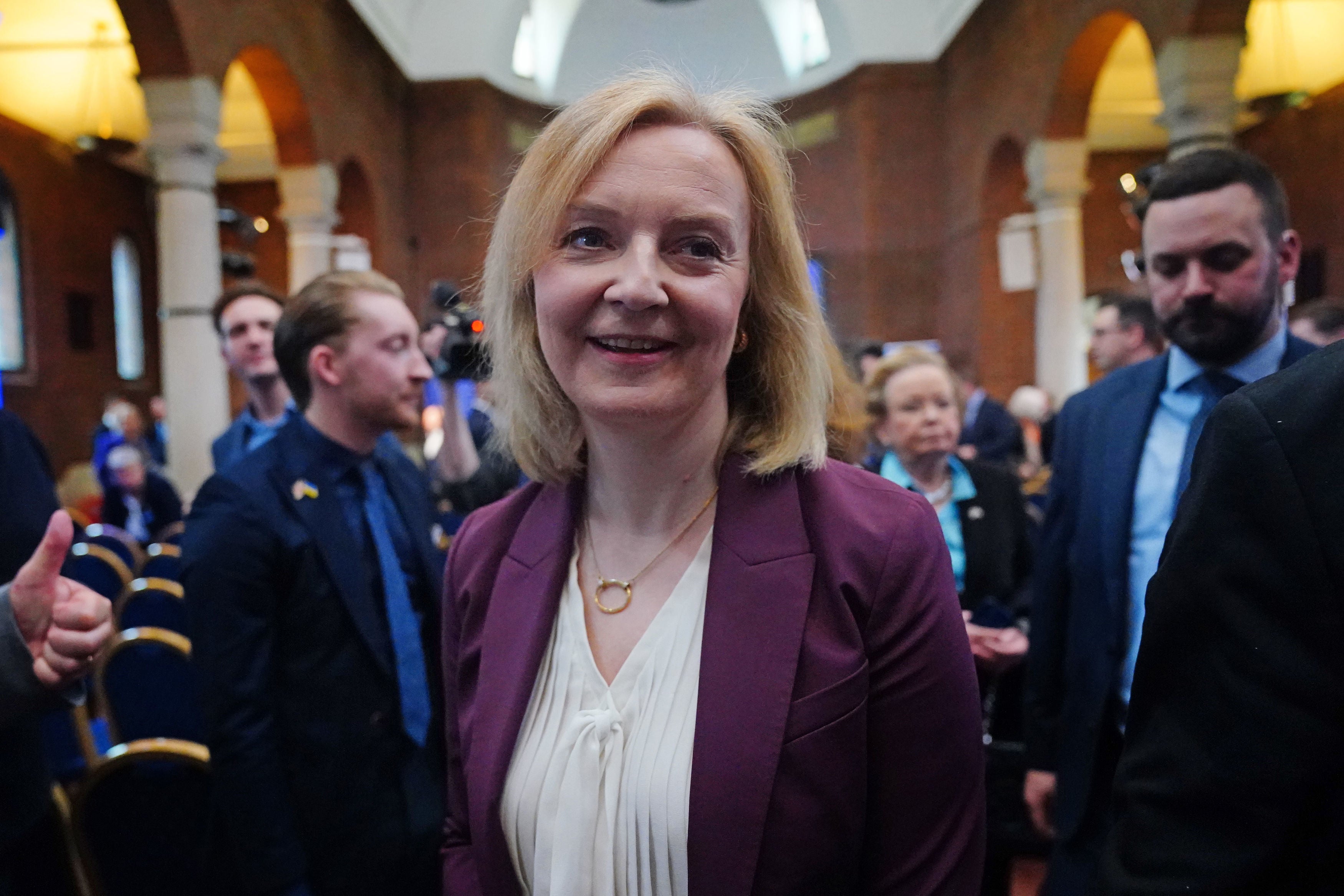By Dave Harvey
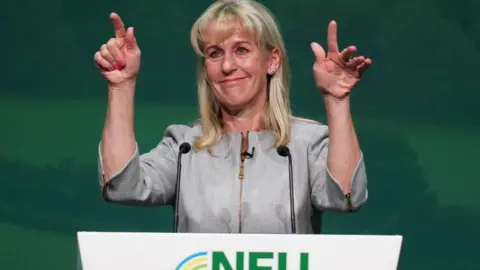
The leader of Britain's farming union has said there is "still no plan" for food production in the UK.
Wiltshire farmer Minette Batters, is retiring after six years as President of the NFU.
In that time she has negotiated with the government to create support for farmers, after Britain left the EU.
But four years after Brexit, she said farmers are "still not able to produce food sustainably and produce more of it."
'Policy earthquake'
Ten years ago Minette Batters left her beef and arable farm in the small village of Downton, south of Salisbury, to become deputy President of the National Farmers' Union (NFU).
Farming was always politically controversial, but she had no idea what she would face over the next decade.
Brexit, the Covid-19 pandemic and then the war in Ukraine would test British farming severely.
When she was elected NFU President in 2018, Britain had voted to leave the EU, but exactly what that would mean for farming rules and subsidies was still up in the air.
"It was an earthquake for farming policy," one farmer told me.

Hugh Padfield runs 170 dairy cows near Bath, Somerset, and makes their milk into Bath Soft Cheese. His farm is a success, his cheese wins multiple awards.
But like all farmers, government support and the detail of food regulation is crucial to his business.
He said: "When we left the EU we were tearing up what farmers were dependent upon.
"We needed to create a new policy fit for purpose for British farming.
"So it's been really great to have Minette at the helm arguing the case for farmers."
New farming rules
The new regulations are still taking shape. Instead of the European Common Agricultural Policy, British farmers will live by the Environmental Land Management System (ELMS).
There is a complex range of subsidies for looking after wildlife, increasing biodiversity, leaving land to nature, even allowing land to flood. Much is still to be decided or announced.
Minette Batters estimates the new rules for England are "about 50% there".
Some farmers think Ms Batters has not battled hard enough.
"There was not enough challenging of government," said Liz Webster.
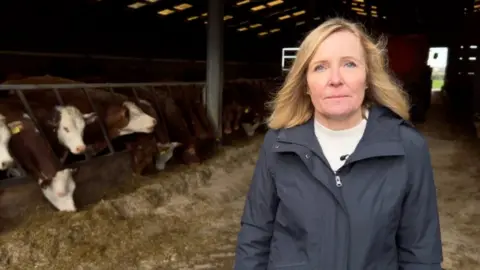
I met Mrs Webster at her family farm near Cricklade, Wiltshire. They farm beef cattle, grow arable crops to feed them, and have a solar farm too.
She is a co-founder of the campaign group, "Save British Farming", and urges more direct action and tough negotiating tactics.
Recent demonstrations by angry farmers in Spain, France and Greece have prompted many British farmers to wonder if the NFU is too diplomatic, too careful.
Liz Webster recalls one meeting Minette Batters had with Boris Johnson, who was then Prime Minister.
She said she was astonished that Minette believed him when he said he would die before he harmed farming.
"I wish I had been there, we needed more of a fight, a call to arms, and that never happened."

For her part, Minette Batters continues quiet, steely diplomacy. When Rishi Sunak came to her last NFU conference as President, she smiled, shook his hand, patted him on the back.
But there is a challenge there, nonetheless.
She told the BBC: "Farmers really want to know what the plan for food production is.
"A lot of time has been wasted in politics, I've worked with six secretaries of state.
"Focussing on the general election, the question now is this. What is every party's plan for sustainable food production?
"That's what farmers want to know," she added.
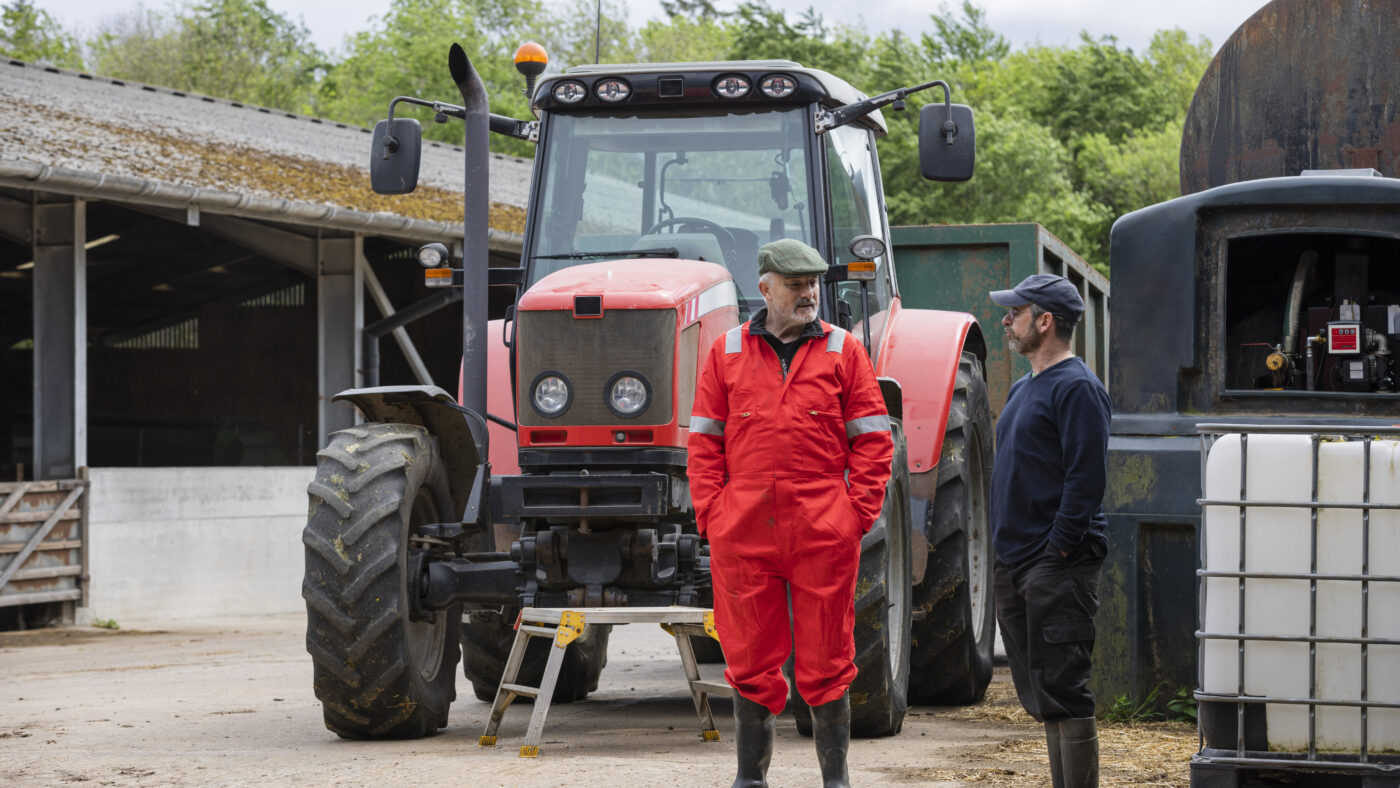
Post-Brexit, we now have the power to improve the fairness of contracts between farmers and supermarkets
Farmers stitch local communities together, and the Government has a duty to protect the
British farmers produce some of the highest quality food anywhere in the world. But for farm businesses to continue to thrive while bolstering efforts to tackle climate change and biodiversity loss, the Government needs to reward and incentivise the shift to more sustainable farming practices and technologies. The Prime Minister’s announcements yesterday build on the Government’s strong record of supporting farmers and helping them become more sustainable. But with a general election on the horizon, support in rural areas slipping, and persistent environmental and economic challenges facing farmers, the Government should go further.
Conservatives have always understood farmers’ central roles in feeding the nation, powering our economy, and managing the countryside and our natural environment. Indeed, it is impossible to imagine our green and pleasant land – the source of our national pride for centuries – without them. Toiling away in all weathers and all seasons, farmers make countless sacrifices to produce food and tend to their land.
Despite their hard work, farmers are facing more challenges than ever. Following the pandemic and Putin’s illegal invasion of Ukraine, farmers’ profit margins have been squeezed by soaring input prices and labour shortages. Furthermore, research shows that farmers often receive less than one percent of the total profit across the food supply chain. The market is dominated by a small number of food processors and supermarkets who often write contracts on flexible terms to suit their own business needs. If we are to secure the future of farming and stem pressure to use public money to subsidise food production rather than environmental public goods, we must right this wrong.
The Prime Minister’s announcements, building on the Environment Secretary’s update to the farming schemes in January, have been positive steps to address farmers’ concerns. Wider reviews into the fairness of food supply chains are welcome, but the Government should now go further and require longer-term contracts for farmers, as well as give greater powers to the regulator to ensure supermarkets pay farmers what they agreed.
By encouraging more sustainable and profitable private food markets, public money can properly be focused on public goods, like improved soil and water quality. The Agriculture Act passed in 2020 represented the largest reform to agricultural policy in the UK in nearly 50 years. Taking advantage of our post-Brexit freedoms, the Government now has the power to improve the fairness of contracts between farmers, food processors, and supermarkets. We must not shy away from using them.
Similarly, farmers’ efforts to sell more sustainable, seasonal produce directly to local consumers are often frustrated by planning red tape. The Prime Minister’s welcome announcement of the so-called ‘Clarkson’s clause’, which would extend permitted development rights to the conversion of agricultural buildings into farm shops, echoes a recent call from the Conservative Environment Network. But more remains to be done.
The construction of vital on-farm environmental infrastructure, like slurry stores and reservoirs, which can help to improve water quality and strengthen our resilience to climate change, is often held up or even blocked by the planning system. Despite generous grants to encourage this infrastructure, many farmers face extra costs as a result of delays in the planning system. Extending permitted rights to both slurry stores and medium-sized on-farm reservoirs could deliver real benefits for our natural world.
Some progress was made towards making it easier for farmers to upgrade farm infrastructure and access the latest agri-tech. New and higher grants could help farmers to reduce their inputs and their footprint on the land, as well as improving productivity.
To ensure we deliver on the promises made in 2019 – public money for public goods and lower environmental costs to food production – the Government needs to maintain its budget for the Environmental Land Management schemes (ELMs). Without this support, some farmers may choose not to participate in the schemes, limiting the prospect of halting the decline of biodiversity by 2030 and reaching Net Zero by 2050. The Government should therefore restore the ELMs budget in real terms to its 2019 level and index it to future increases in inflation in the next parliament.
At the same time, we need to remove the barriers that may stop farmers from engaging with new agri-environment schemes. Agricultural relief on inheritance tax, for example, is available on ‘productive’ agricultural land, but farmland which is delivering benefits for nature as part of ELMs or private nature markets is not eligible. This creates a perverse incentive to not participate. The Chancellor should redress this imbalance at the Budget.
Recent by-election results show the erosion of old electoral certainties and the increased competition for the rural vote. Public outrage at the felling of the Sycamore Gap last year and the salience of issues like water quality on the doorstep demonstrate the value rural voters place on political parties’ offers to protect our natural world. This goes hand in hand with support for farmers, who have a significant footprint on rural communities.
Farmers stitch local communities together, producing high-quality food, creating jobs, and conserving our natural environment. There is a clear advantage for a party with an ambitious programme for protecting the future of farming and our natural world. It is now for the Conservatives to deliver.
